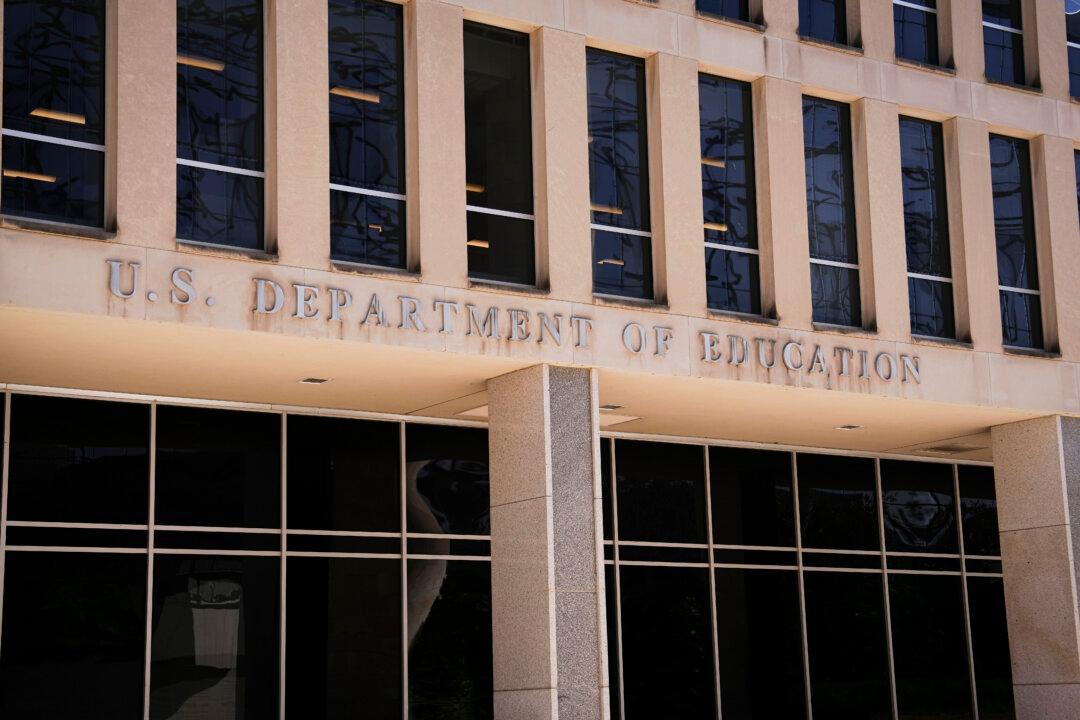A federal judge in Texas has put on hold a rule that limits the length of career training programs that qualify for federal student aid, a key component of the federal government’s effort to tighten oversight of for-profit schools.
In a decision handed down on June 21, U.S. District Judge Mark Pittman of the Northern District of Texas sided with a national association of for-profit colleges, granting them a temporary restraining order against the federal rule that is set to take effect on July 1.





